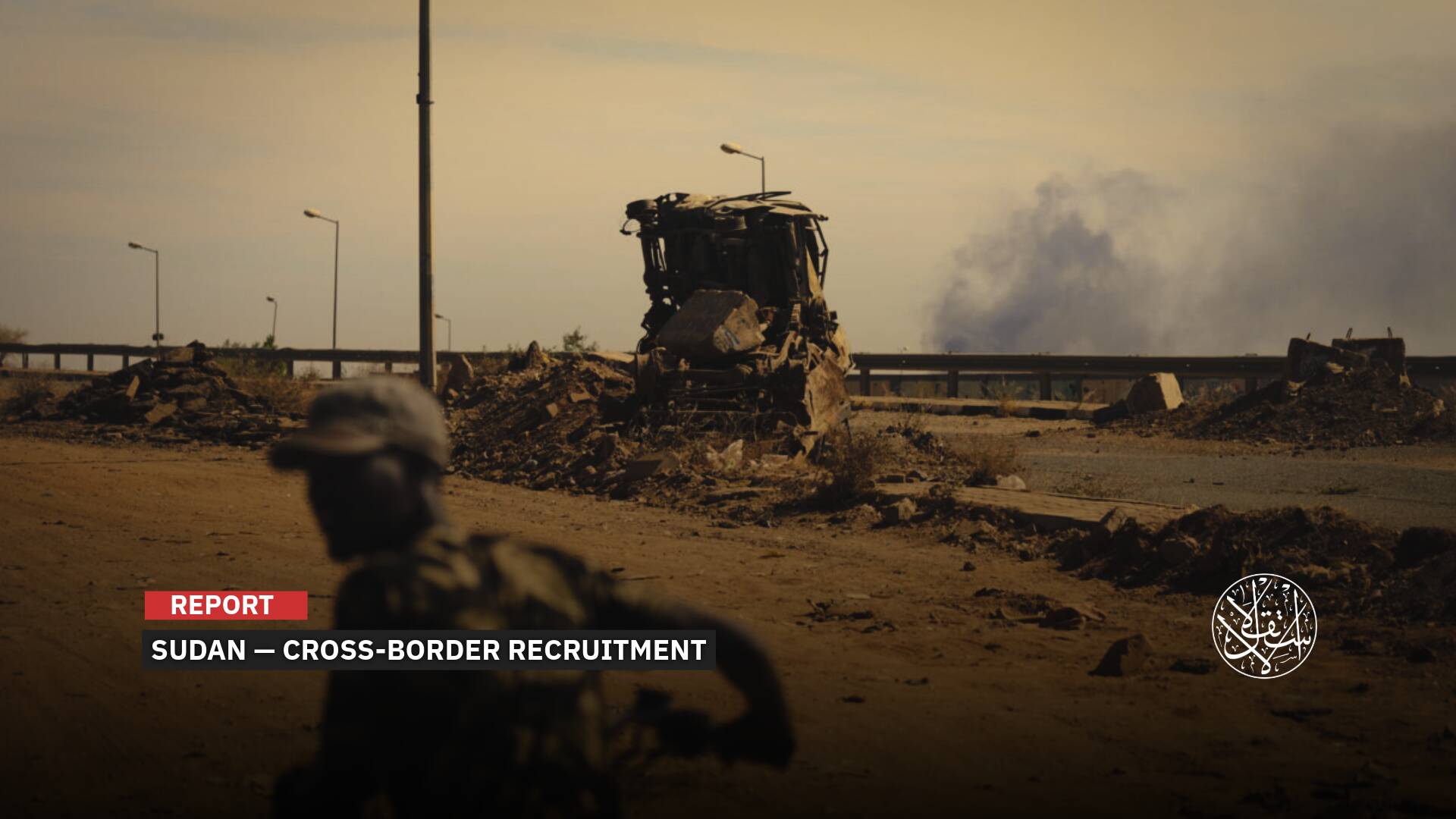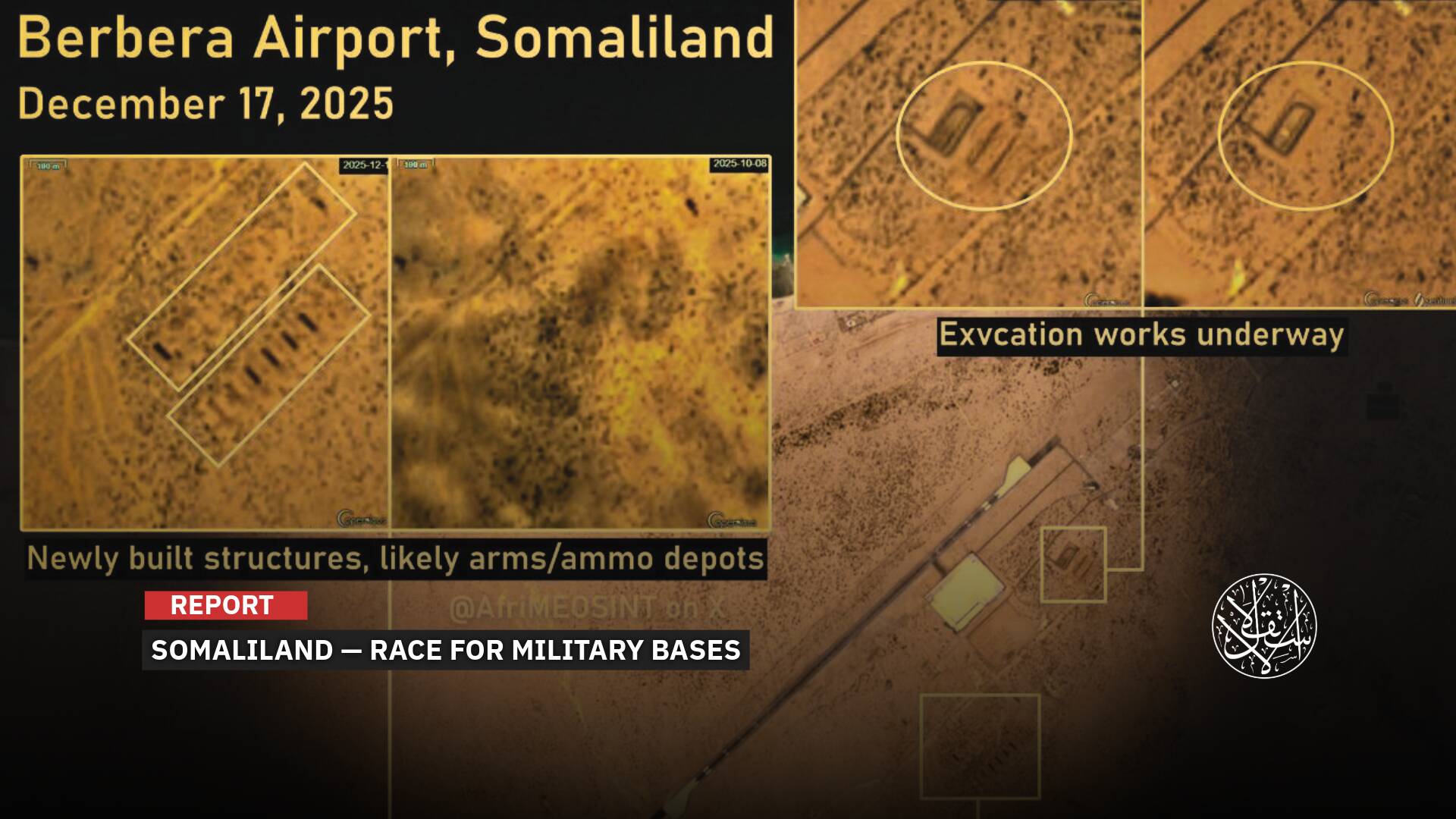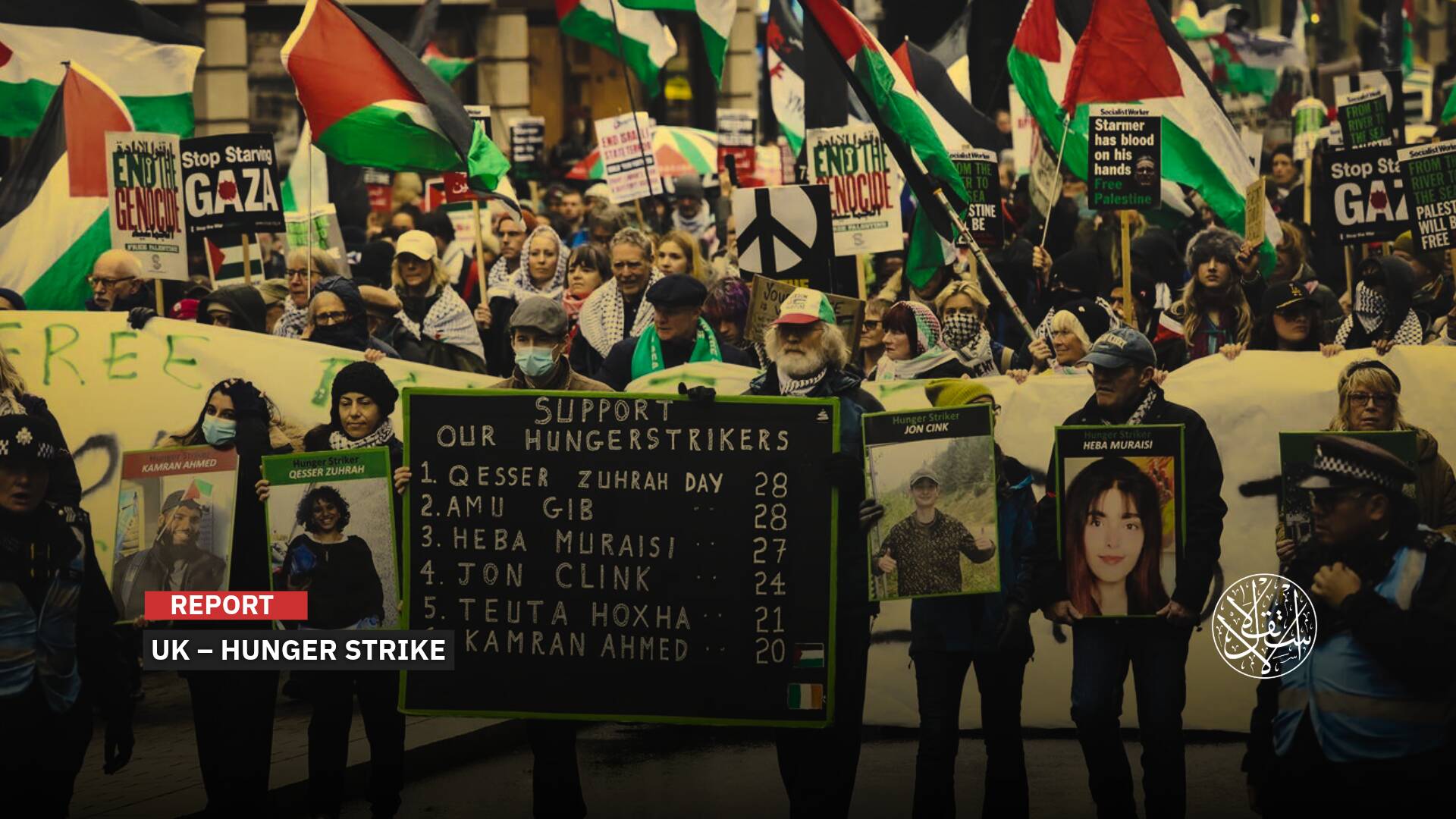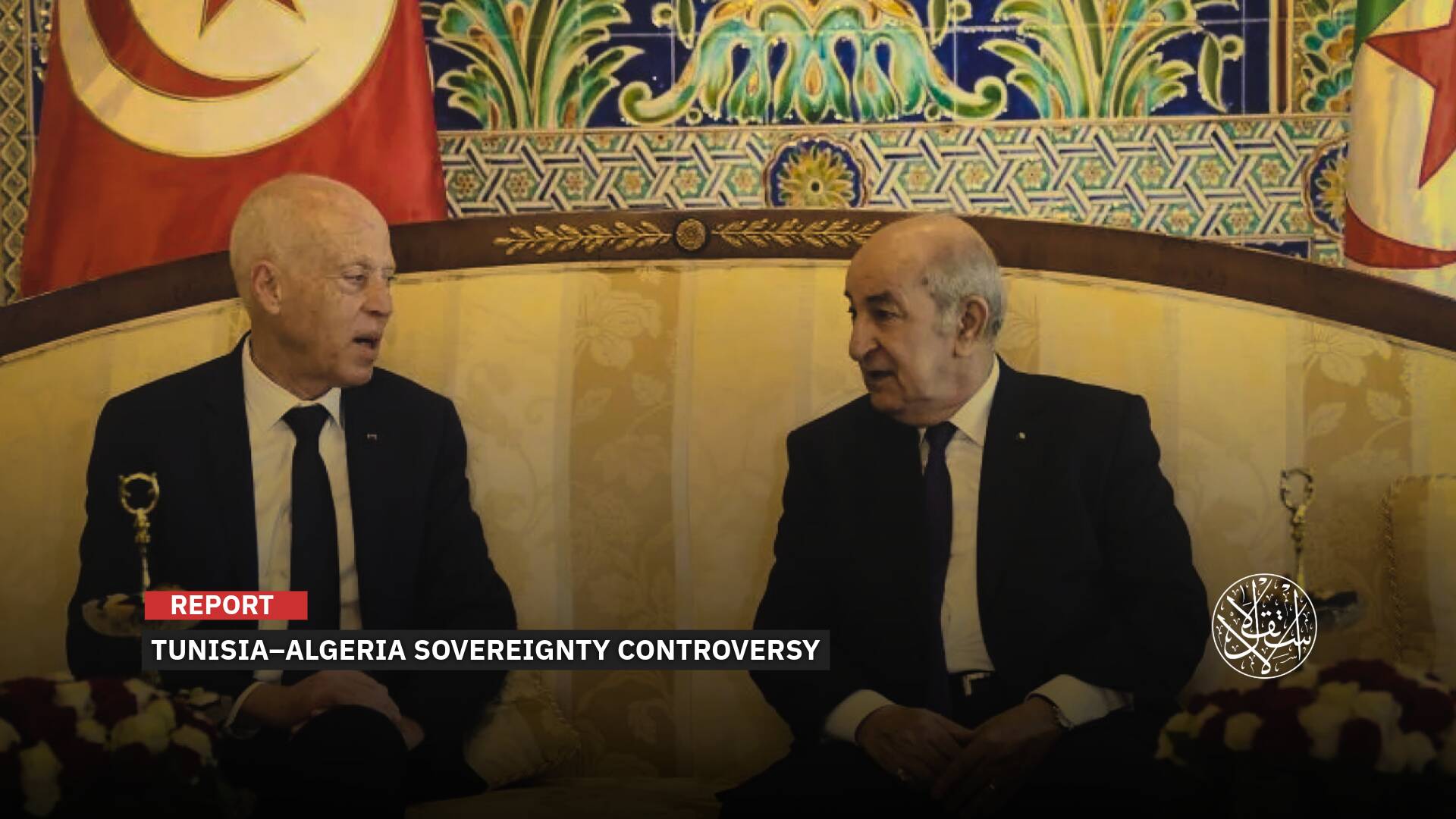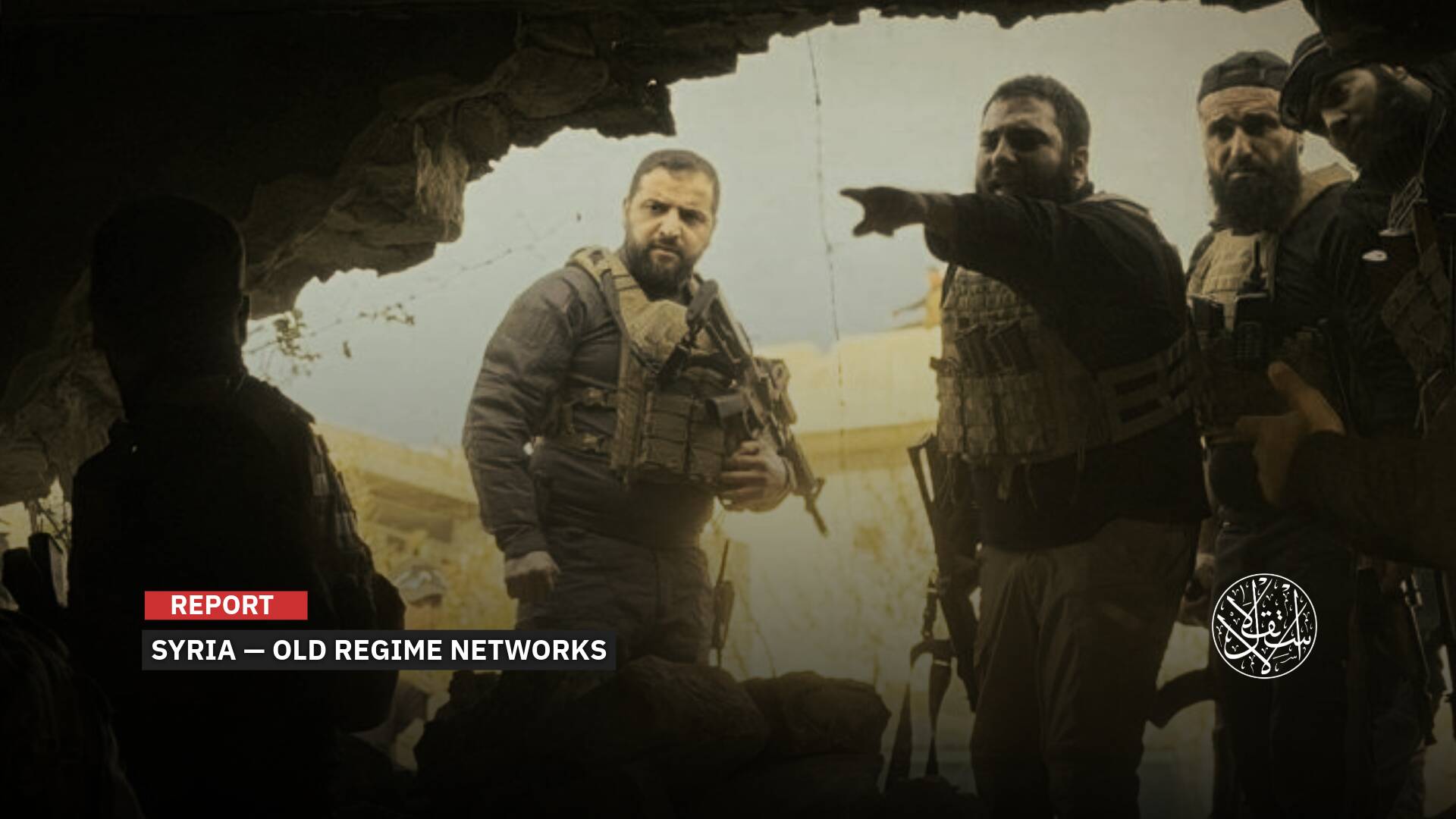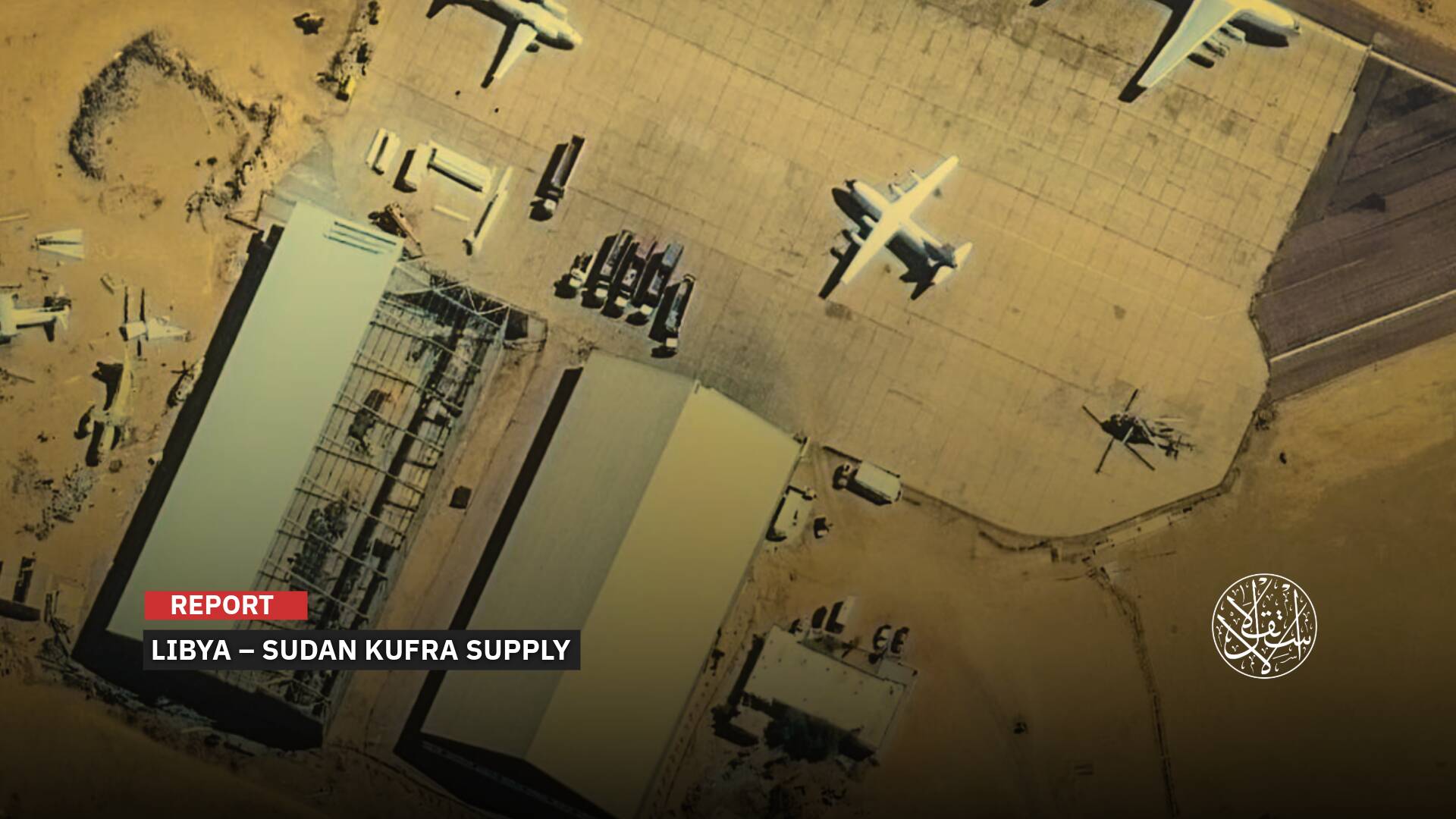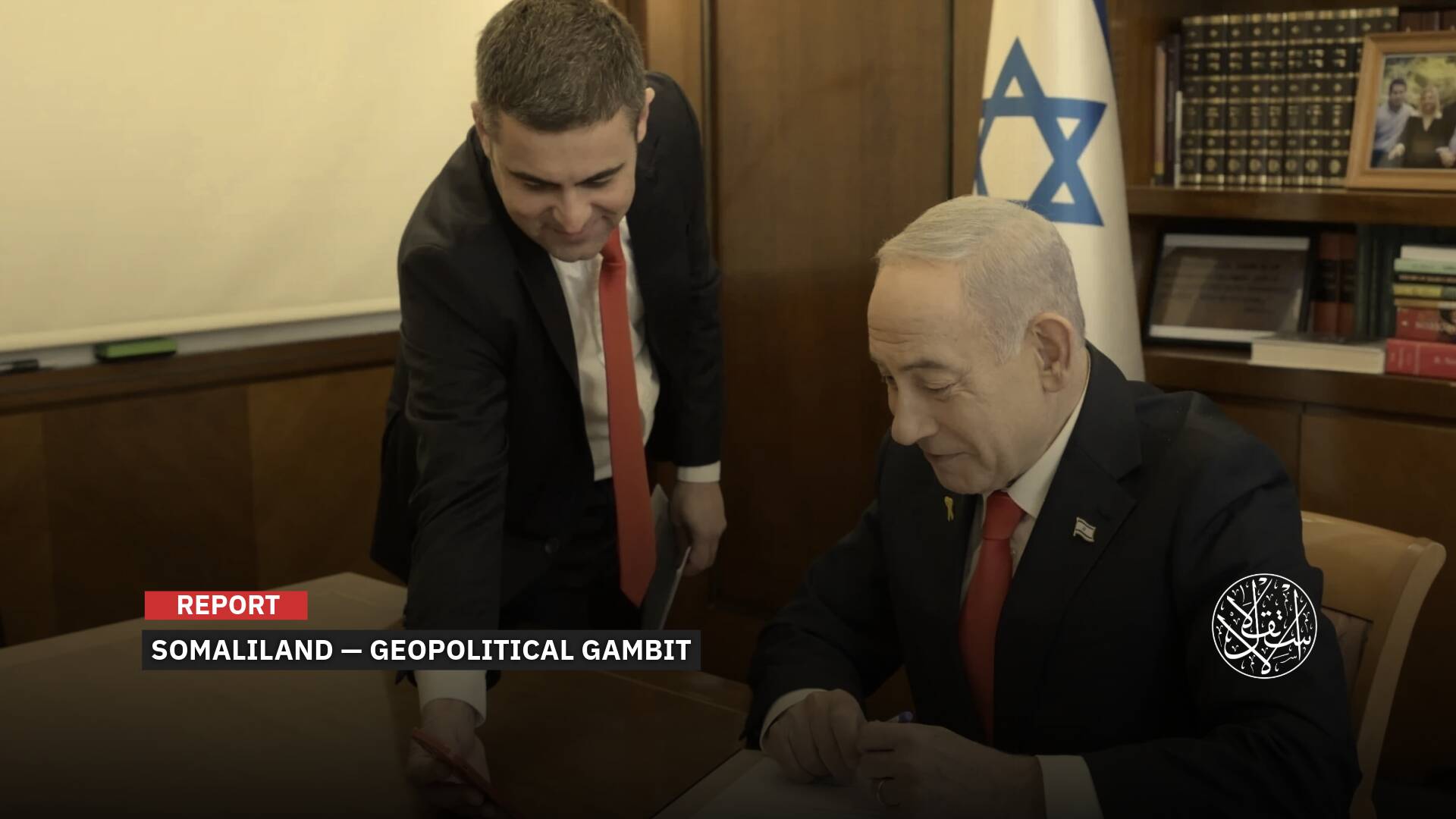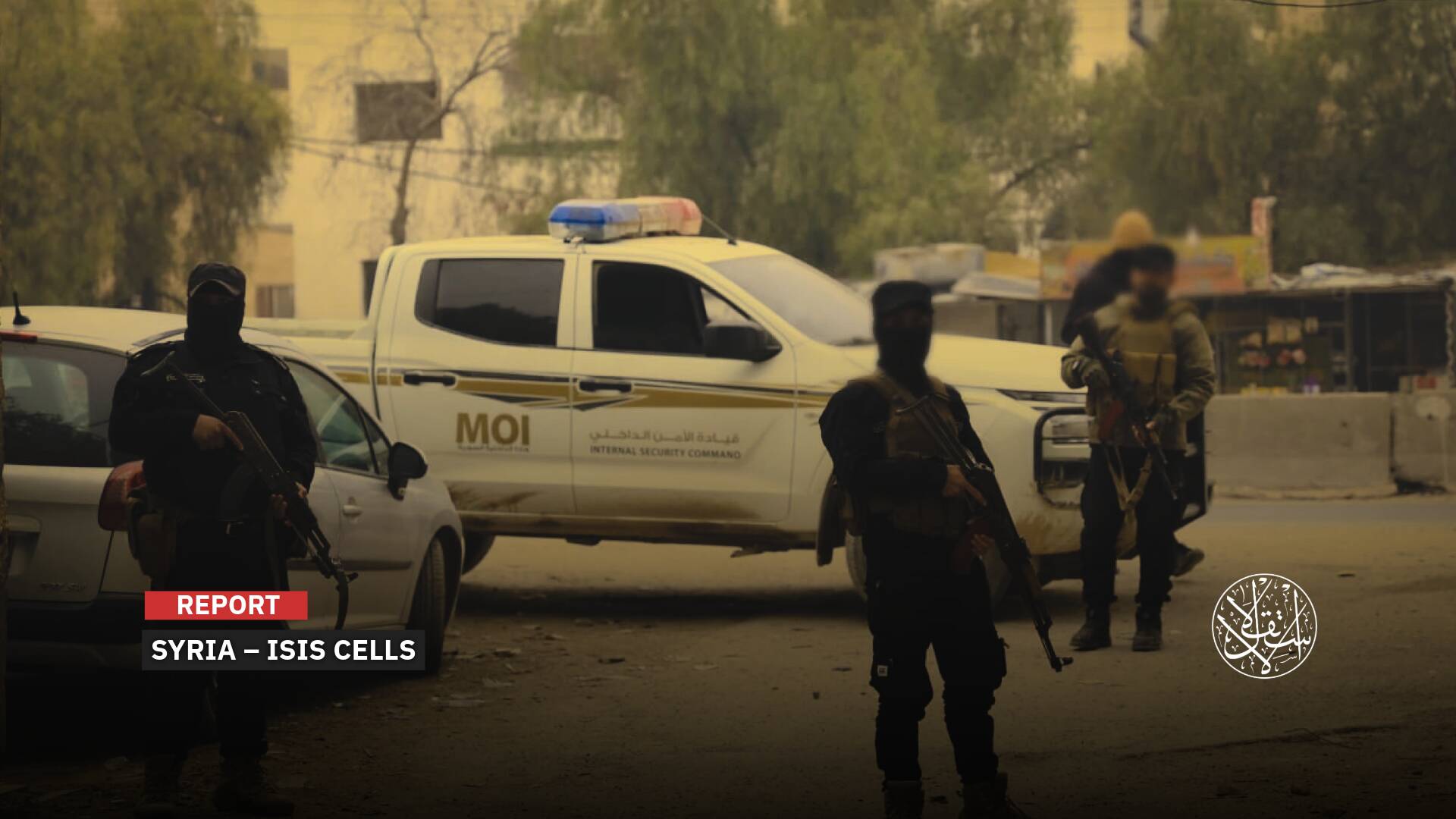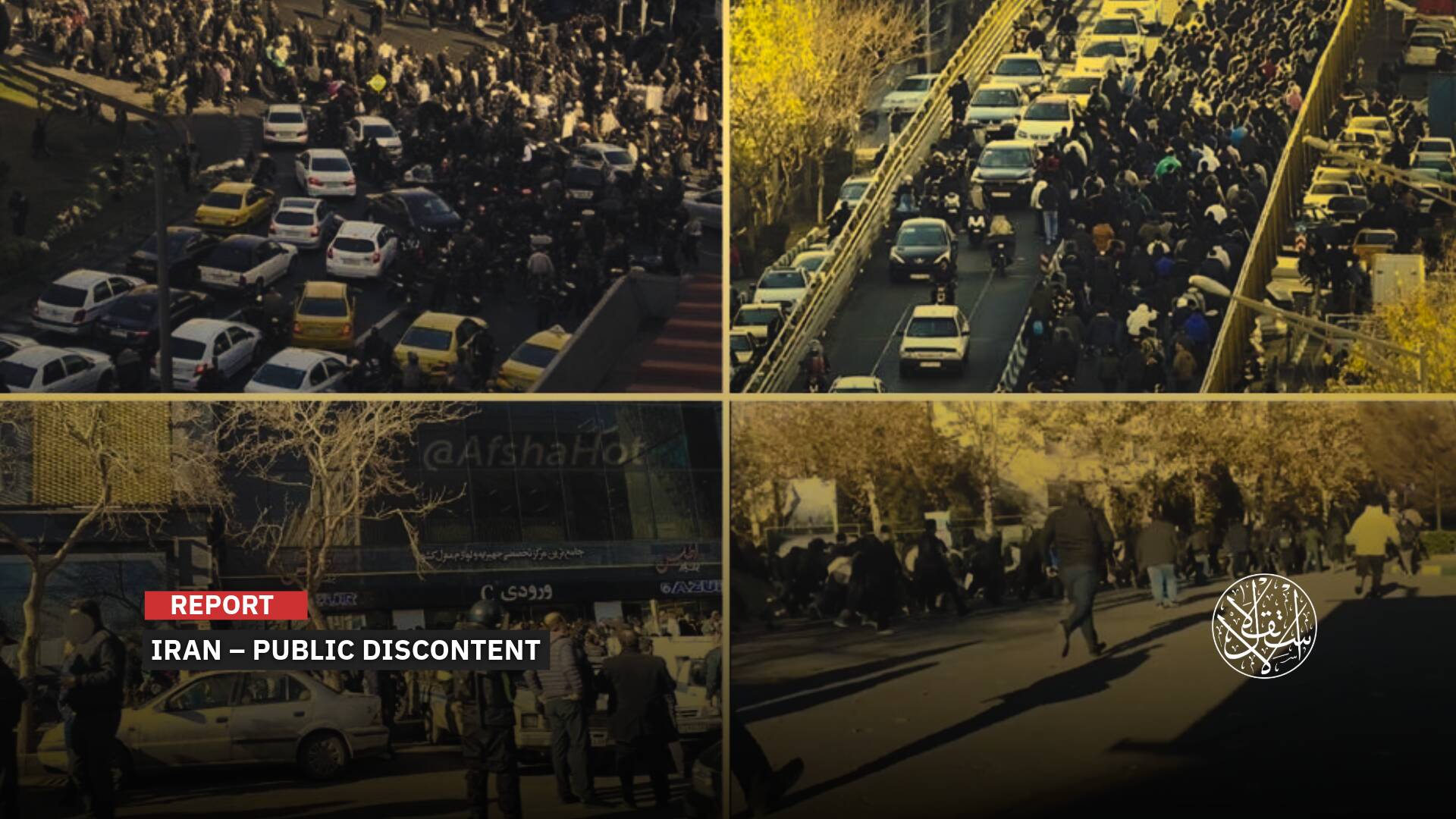The New Syrian Regime: How It Quickly Trained Graduates for the Police Force
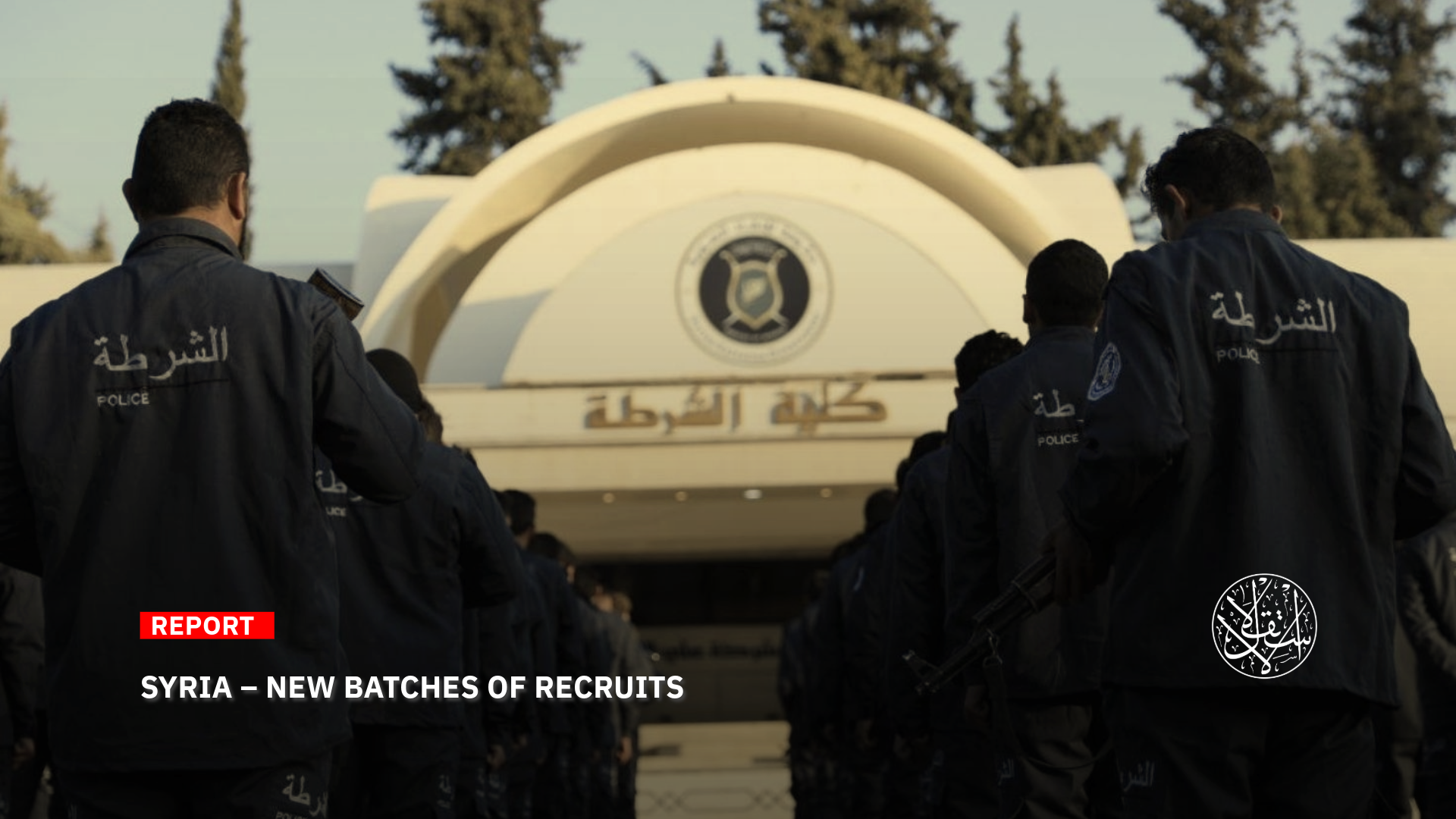
New recruits are from all Syrian provinces, holding high school or university degrees.
Despite the significant security challenges facing Syria after the fall of Bashar al-Assad's regime, the new Syrian government has managed to rapidly graduate new batches of security and police recruits, achieving this with impressive speed.
After the Transitional Syrian Presidency dissolved the army and security forces, and with the majority of personnel loyal to the Ministry of Interior under the former regime fleeing, the new government initially relied on elements from opposition factions to fill the gaps.
However, after the new Ministry of Interior introduced fresh enrollment criteria for the public security and police forces, there was a strong response across Syrian provinces. The swift enrollment process highlighted the eagerness of the country's youth to join the new state institutions, despite limited resources.

Consecutive Batches
The new Syrian Ministry of Interior successfully graduated its first batch of police recruits on January 14, 2025, consisting of 400 members.
The second batch, comprising 1,000 recruits from the police forces in Damascus, graduated on February 5, 2025, with the attendance of Interior Minister Ali Keda and the Police Academy administration.
On February 20, 2025, the third batch of 1,000 new recruits graduated from the Police Academy in Damascus and will be assigned to police stations and traffic departments across Syria.
The new recruits, clad in black uniforms, gathered at the training area of the General Security Directorate’s academy, where they practiced formations, marching with arms, and following orders.
Commander of the training course, Moawya al-Khatib, said this course, numbered 24, trained about 1,000 recruits, all of whom underwent police training.
He told the Anadolu Agency that society currently needs more police officers, which is why quick courses are necessary; in the coming days, there would be intensified training to enhance their skills.
Al-Khatib also said the new recruits would be deployed across Syrian provinces as needed, whether for regular police duties or traffic services, emphasizing that the new recruits come from all provinces and hold high school or university degrees.
For his part, Interior Minister Ali Keda, present at the third graduation ceremony, described the course as brief and intensive, designed to equip recruits with the necessary skills to serve the people.
Keda emphasized that the recruits acquired values of discipline, responsibility, and teamwork during the course, making these values the foundation of their professional journey to enhance security and stability in Syria, describing them as those who will stand at the forefront of the fight.

Recruitment Conditions
The Ministry of the Interior continues to conduct raids to track down remnants of the defunct Assad regime, arresting them for trial. Security forces across Syrian provinces are patrolling to maintain order and prevent theft or other actions disrupting societal peace.
It is evident that the Ministry has relied on officers trained at the Police Academy, established by the Syrian Salvation Government in late 2022 and affiliated with Hayat Tahrir al-Sham, which was active in Idlib.
According to Syria's new political administration, approximately 17,000 recruits have completed training, distributed between the police force and the Public Security Service.
When the Ministry of the Interior opened recruitment to the Police Academy on January 16, 2024, several conditions were set for acceptance:
Applicants must be between 20 and 30 years old.
Applicants should not have a criminal record.
A minimum of a middle school diploma or its equivalent is required.
Applicants must be in good health and physical condition.
Successful completion of prescribed courses is necessary.
Applicants must be at least 168 cm tall.
On January 29, 2024, the Ministry also announced recruitment for the Border Security Service, with the following conditions:
- Applicants must be between 18 and 25 years old.
- Applicants should have no criminal record.
- A minimum of a middle school diploma or its equivalent is required.
- Applicants must be in good health and physically fit.
- Applicants must be at least 170 cm tall and pass the required courses.
These programs have contributed to the revitalization of various police departments, including criminal security, traffic, municipal sections, and stations in Syrian provinces.
The Ministry stressed the importance of the police's role in maintaining security and providing services to citizens, urging recruits to treat residents with respect and fulfill their duties.
The Ministry also invited military officers and non-commissioned officers who were on active duty at the time of Assad's regime collapse and whose hands are clean of Syrian blood to resolve their situations and make use of their expertise.

Major Security Challenge
“Syria urgently requires security and police personnel to address the country's severe security challenges,” military analyst and expert Colonel Ismail Ayoub told Al-Estiklal.
“Since most of the youth in Syria have been armed as a result of the revolution, this has facilitated the enrollment process and the quick response to joining the courses announced by the Ministry of the Interior across the Syrian provinces.”
“This is particularly true as these recruits undergo quick basic training in weapon handling and conducting raids, aimed at bolstering the remaining forces with additional personnel,” he said.
Ayoub pointed out that “the quick graduation of these courses is driven by the urgent need for personnel. These courses do not include military confrontation training; rather, they focus on specific security tasks, such as patrolling, apprehending suspects, and safeguarding key locations and government institutions.”
“Effective police training requires a structured program that helps recruits transition from a civilian to a military mindset, adapting to various pressures.”
“They must also learn a range of laws, which typically takes 3 to 6 months. Upon graduation, they should be equipped to receive and carry out orders effectively in any assigned mission,” the expert added.
In October 2021, the Syrian Salvation Government established a Military College responsible for military affairs, directly linked to the office of the Prime Minister of the aforementioned government.
However, after the formation of an interim government following the fall of Bashar al-Assad’s regime, the Ministry of Defense, under the leadership of Murhaf Abu Qasra, began reforming the new Syrian army.
The ministry focused on reorganizing and redistributing military units to ensure military balance across Syrian provinces.
This process involves restructuring combat units and streamlining command and control systems to enhance military readiness and achieve security and stability in the country.
The ministry aims to rebuild the military institution on new foundations by training and qualifying officers and personnel according to modern military standards. It also seeks to integrate some formations into more effective sectors.
Transitional President Ahmed al-Sharaa stated that thousands of volunteers are joining the new Syrian army.
In early February, in an interview on a podcast with former British Prime Minister Tony Blair's spokesperson Alistair Campbell and former Conservative Minister Rory Stewart, al-Sharaa clarified that mandatory conscription has not been enforced in Syria and that recruitment is voluntary.
The new authorities have taken drastic steps to sever ties with the past, including abolishing the constitution, disbanding the army, security forces, the People's Assembly, and the Ba'ath Party.
They also announced the disbandment of armed factions, including Hayat Tahrir al-Sham, and are working to integrate them into the newly forming army.
In February 2025, Brigadier General Fadlallah al-Haji assumed the role of Director of the Higher Military Academy in the Ministry of Defense.
Al-Haji has led the National Front for Liberation since 2018, in addition to serving as Deputy Chief of Staff of the Syrian National Army. He has held prominent military roles in the Idlib region.
He began his military career as an officer in the regime's forces but defected in late 2012 with the rank of colonel and became involved in the military efforts of the Syrian revolution.
Sources
- Syria's new leaders turn to Islamic law in effort to rebuild Assad's police
- Syria: 1,000 police officers graduate after completing their training [Arabic]
- Syrian Interior Ministry graduates the second batch from the Police College [Arabic]
- Fadlallah Al-Haji takes over the management of the Higher Military Academy in Syria [Arabic]


